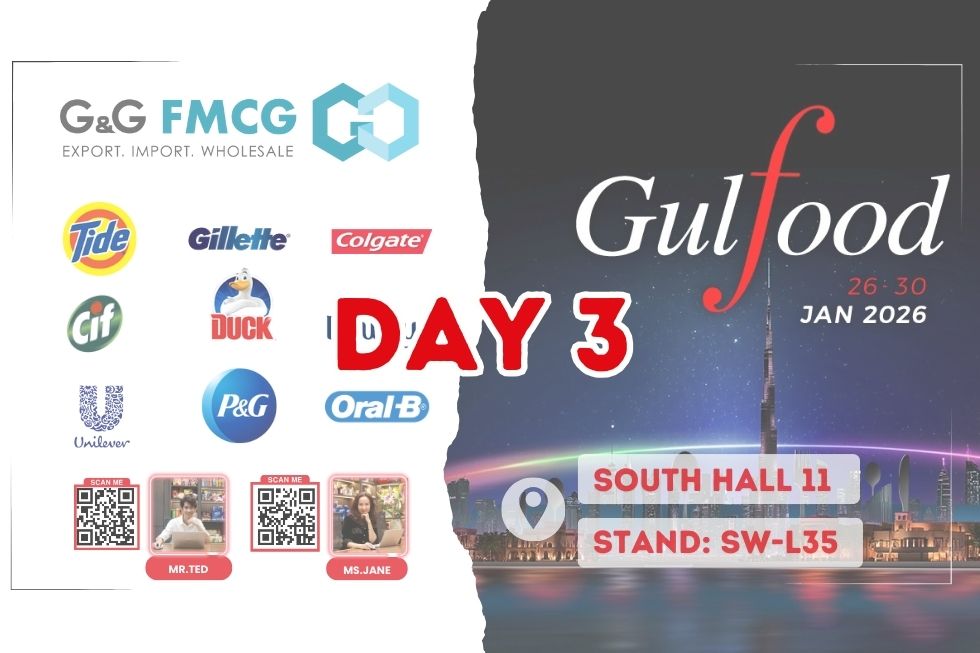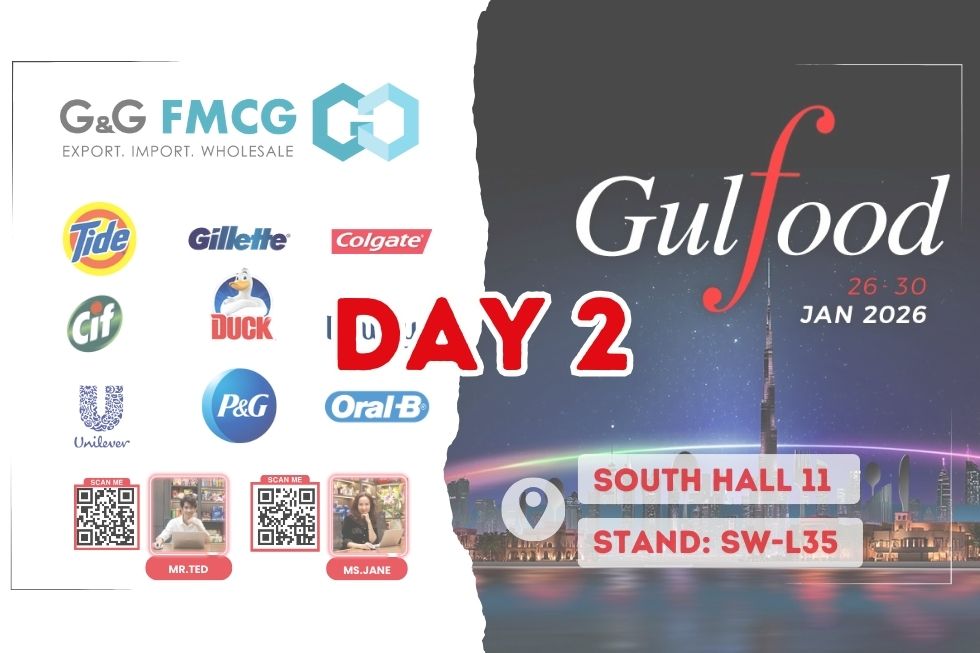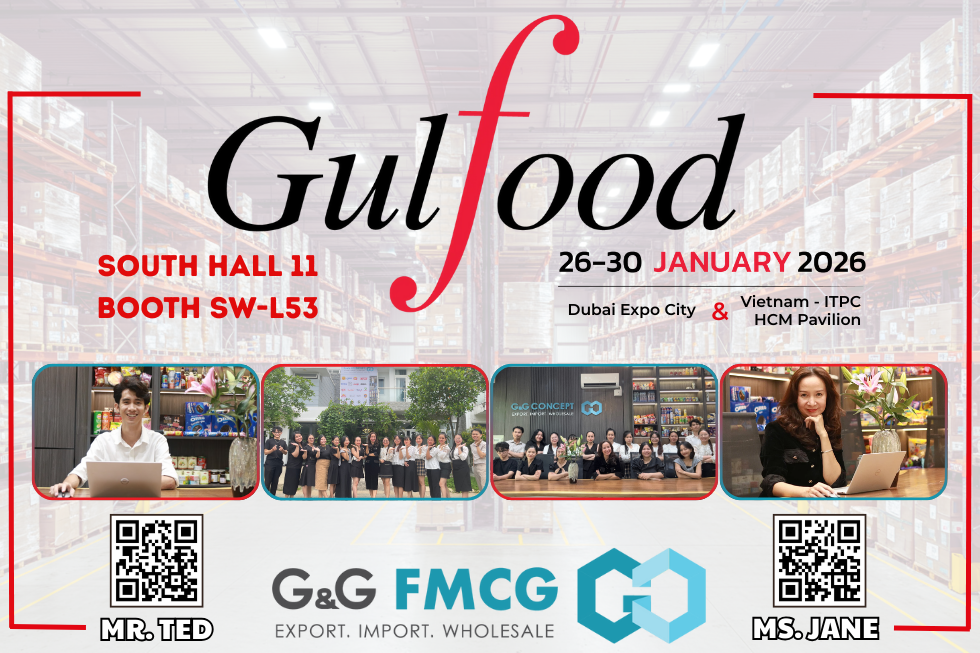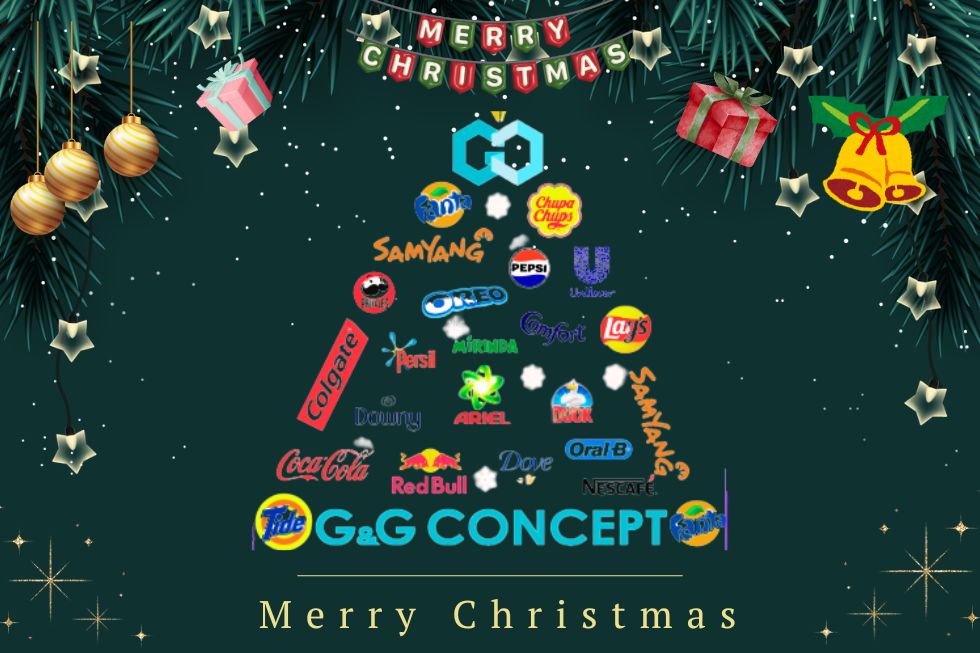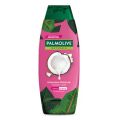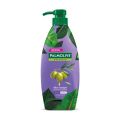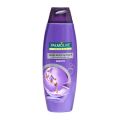FMCG WHOLESALE VIETNAM SUPPLIER, One-Stop for All FMCG Wholesale Needs in Vietnam

The Difference between a Wholesaler and a Distributor
The difference between an FMCG wholesaler and an FMCG distributor is a common question that many people have. In the fast-moving consumer goods (FMCG) industry, wholesalers and distributors play distinct roles in the supply chain. FMCG wholesalers and distributors are both intermediaries that help FMCG companies to reach their end customers, but they have different characteristics and roles in the supply chain, some overlap in their functions, and there are key differences between the two:
What is the wholesaler, and distributor?
A wholesaler is a middleman who purchases goods in bulk from manufacturers or Distributors. They typically operate on a larger scale and have the infrastructure to store and handle large quantities of products. Wholesalers then sell these goods in smaller quantities to retailers, other businesses, or sometimes directly to consumers. They often offer a wide range of products from various manufacturers or Distributors and act as a bridge between producers and retailers.
Distributors are responsible for the logistics and delivery of products from the manufacturer to the end consumer. They focus on the efficient movement of goods, managing transportation, warehousing, and inventory. Distributors work closely with manufacturers to ensure timely delivery and proper handling of products. They may also provide additional services like marketing, promotion, and after-sales support.
1. Operations

Wholesalers primarily focus on buying and selling goods in bulk.
Distributors concentrate on the physical movement and delivery of products.
2. Agreements

FMCG wholesalers may not have any agreement with the FMCG company, and may buy their products from the distributors or other sources.
FMCG distributors usually have a legal agreement with the FMCG company, which specifies the terms and conditions of their partnership, such as the brands, SKUs, territories, margins, fees, promotions, training, etc. that they will handle.
3. Exclusivity

FMCG wholesalers are not exclusive and may sell products from various FMCG companies and sectors.
FMCG distributors may be exclusive and work for only one FMCG company, or they may work for more than one FMCG company but in different sectors.
4. Management

FMCG wholesalers do not require much management from the FMCG company, and may operate independently or with minimal supervision.
FMCG distributors require specific management from the FMCG company, which involves skills and experience in distributor assessment, selection, training, reporting, targeting, incentive, etc.
5. Brand Range & SKUs

FMCG wholesalers are usually remunerated based on the difference between their buying price and the selling price of the products.
FMCG distributors are usually remunerated based on the margin, volume, or logistics function that they perform for the FMCG company.
However, it's worth noting that the terms "wholesaler" and "distributor" are sometimes used interchangeably, and the specific roles and responsibilities can vary depending on the industry and region.
We hope you find this article useful and informative about the roles and functions of wholesalers and distributors in different FMCG sectors and regions.
Have a nice day!

















